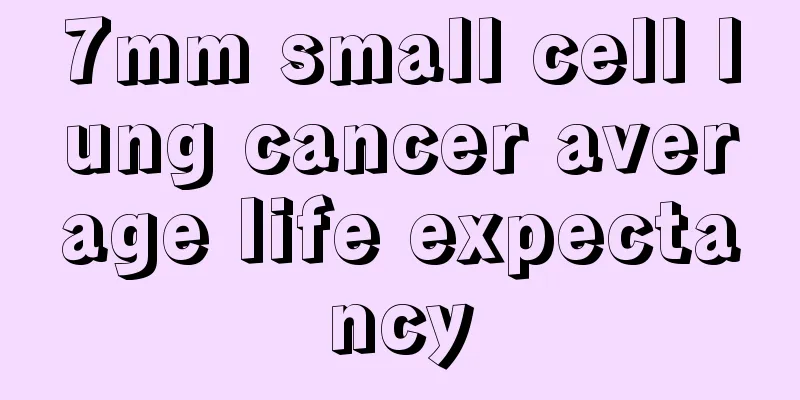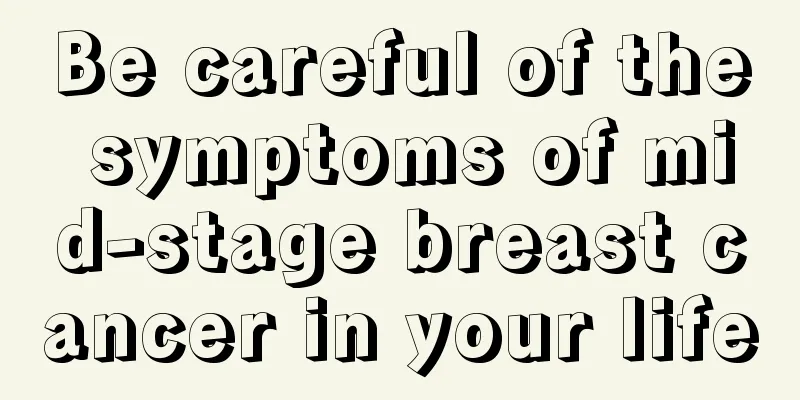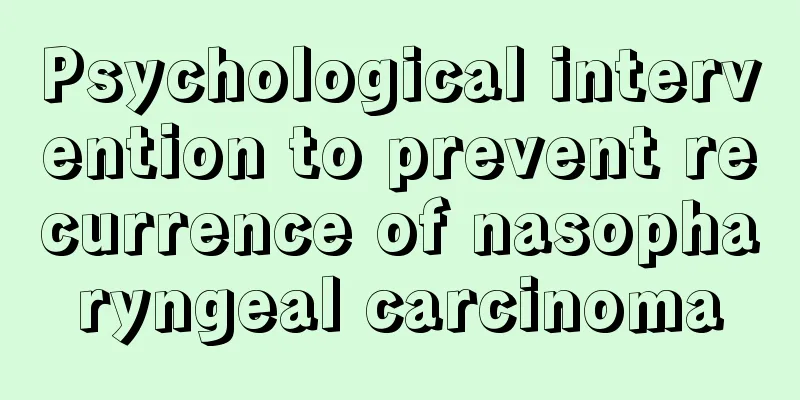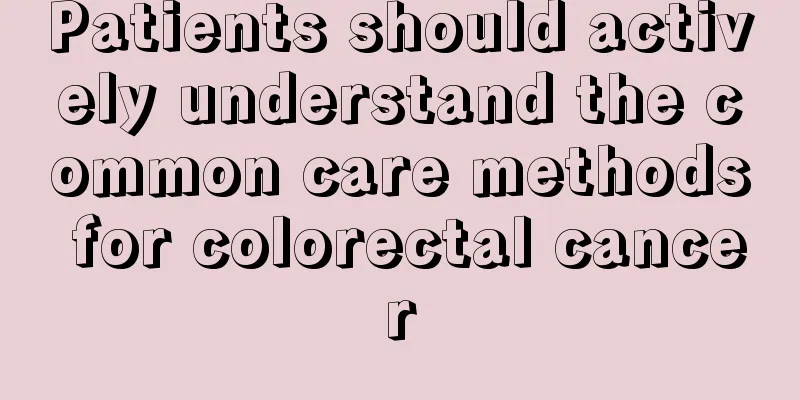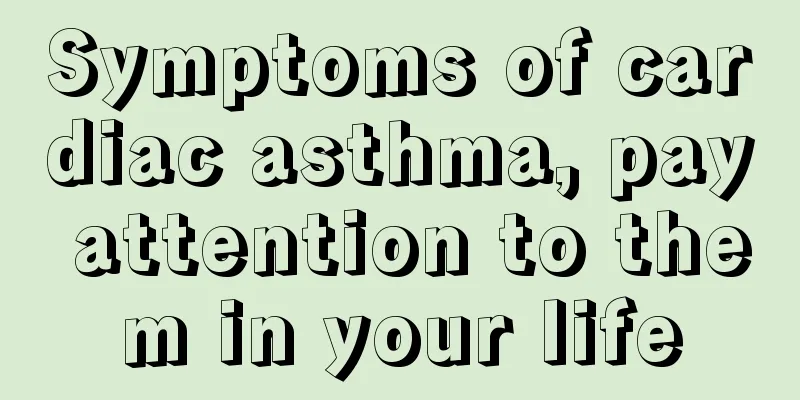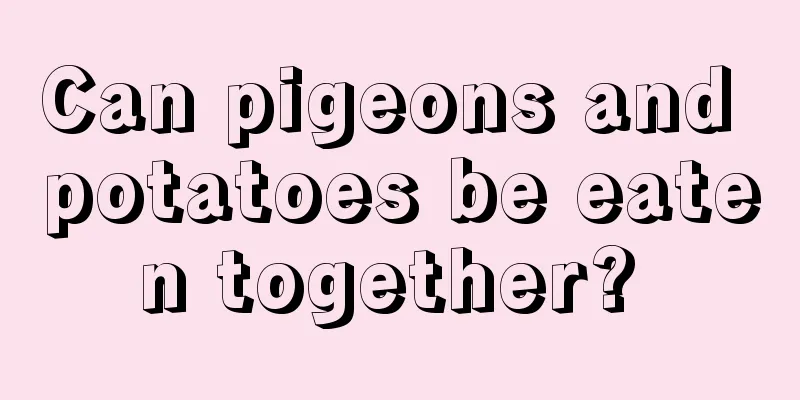Tongue cancer medication guide explanation
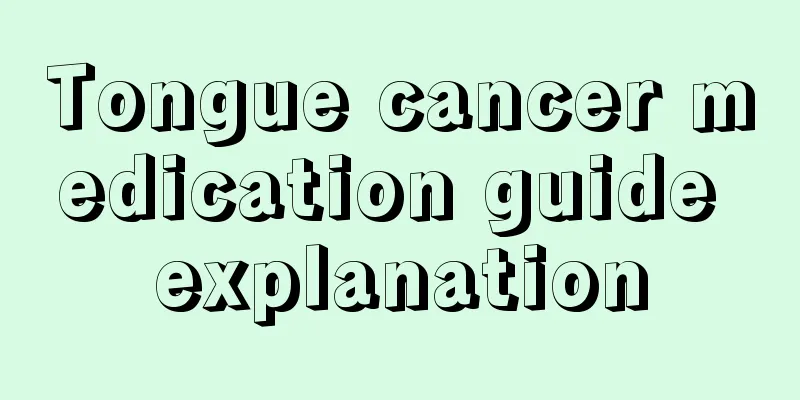
|
As we all know, the occurrence of diseases is related to many factors, such as: increasingly serious pollution problems, food safety issues, autoimmune problems, etc. It seems that humans coexist with diseases. Tongue cancer is a malignant tumor, which is a common and high-incidence disease among ENT tumors. Today, let's learn about the medication guidelines for tongue cancer. Since tongue cancer belongs to the category of malignant tumors, clinical treatment of tongue cancer is mainly surgical treatment, and taking medications is not very effective. Generally, primary source resection and neck lymph node dissection should be performed, and radiotherapy or chemotherapy and biological immunotherapy should be combined before or after surgery. Treatment of primary lesions: Early-stage, well-differentiated tongue cancer can be treated with radiotherapy, simple surgical resection, or cryosurgery. Advanced tongue cancer should be treated with comprehensive treatment, using radiotherapy plus surgery or triple (chemotherapy, surgery, radiotherapy) or quadruple (triple plus traditional Chinese medicine or immunotherapy) therapy according to different conditions. Radiotherapy: It can be used as an adjuvant treatment before and after surgery for advanced tongue cancer. Surgical treatment: the main method of treating tongue cancer. For T1 cases, wedge-shaped resection more than 1 cm away from the lesion can be performed and sutured directly; for T2-T4 cases, hemiglossectomy or even total glossectomy should be performed. As an important organ for chewing and speech, reconstruction should be performed when more than 1/2 of the tongue is missing. For general surgical preventive anti-infection, sulfonamides (such as co-trimoxazole) or drugs that mainly act on Gram-positive bacteria (such as erythromycin, penicillin, etc.) are used. For surgeries with a large scope and simultaneous bone grafting or complex repairs, combination therapy is generally used. The most commonly used ones are: drugs that act on Gram-positive bacteria (such as penicillin) + drugs that act on Gram-negative bacteria (such as gentamicin) + drugs that act on anaerobic bacteria (such as metronidazole). For patients with severe infection before and after surgery, large surgical wounds, and complex repair methods, effective antibiotics can be selected based on clinical and drug sensitivity tests. Chemotherapy: Chemotherapy can be used before or after surgery. Because of its serious side effects, it should be used under the guidance of a physician and with close observation of blood counts. Cryotherapy can be considered for T1 and T2 tongue cancer. Traditional Chinese medicine treatment: Traditional Chinese medicine can make up for the deficiencies of surgical treatment, radiotherapy, and chemotherapy. It can not only consolidate the effects of radiotherapy and chemotherapy, but also eliminate the toxic side effects of radiotherapy and chemotherapy. Biological immunotherapy: During clinical treatment with DC-CIK biological immunotherapy technology, two special functional cells of the human immune system that specifically deal with tumor cells are separated from the human peripheral blood: one is the DC cell, which is like a "radar" that can actively search and identify tumor cells, and transmit information to immune active cells to activate immune responses, enhance the body's immunity, and inhibit tumor generation and spread; the other is the CIK cell, which is like a "missile" that can accurately and targetedly kill tumor cells without damaging any normal tissues. At the same time, it is particularly good at clearing residual and tiny metastatic lesions, effectively preventing the recurrence and metastasis of cancer cells. Biological cell therapy technology uses DC-CIK cell therapy. DC cells are the initiators of the body's immune response and can induce a long-lasting and powerful specific anti-tumor immune response; CIK cells can eliminate tiny residual lesions in tumor patients through non-specific immune killing. Therefore, the organic combination of DC loaded with tumor antigens and CIK, namely DC-CIK cells, can produce specific and non-specific dual anti-tumor effects. The two have a certain complementary effect, and the combined application can achieve a "1+1>2" therapeutic effect. DC-CIK anti-cancer cell experiments show that the killing activity of DC-CIK cells in killing cancer cells is significantly higher than that of CIK cells, and is equivalent to the cancer cell activity of DC-CIK cells cultured by the PBMC collection method of a blood cell separator. |
<<: What medicine is good for tongue cancer in middle-aged people
>>: Mortality rate of tongue cancer patients
Recommend
What to do if you have acne on your chest due to excessive liver fire
Many girls or boys will develop pimples on their ...
Can osteosarcoma be completely cured?
Osteosarcoma seriously endangers the health of pa...
How to use medicine when suffering from thyroid cancer
How to treat thyroid cancer with drugs? Although ...
What medicine can relieve rhinitis bleeding
Rhinitis is an inflammatory disease of the nasal ...
What are the early symptoms of lymphoma?
What are the early symptoms of lymphoma? Lymphoma...
What is the reason for high alanine aminotransferase
There are many reasons for high alanine aminotran...
How to treat alopecia areata, drugs for treating alopecia areata
Alopecia areata is very common in our lives, whic...
Symptoms of paraquat poisoning
I believe that everyone is relatively unfamiliar ...
What obvious harms will fibroids bring
With the rapid development of society, people'...
How to prevent throat diseases?
The throat is a very important breathing and eati...
What is the standard weight for a 175cm tall boy?
Now people's material living standards have i...
There is a new method for early diagnosis of skin cancer
The diagnosis of early skin cancer has always bee...
How many days after receiving a cefoperazone can I drink alcohol
"Take Cephalexin and alcohol, and go when yo...
What are the characteristics of prostate cancer? Analysis of the five characteristics of prostate cancer
Prostate cancer is a common disease among men. It...
What is the cleaning method of the range hood
I believe that many families now have range hoods...
